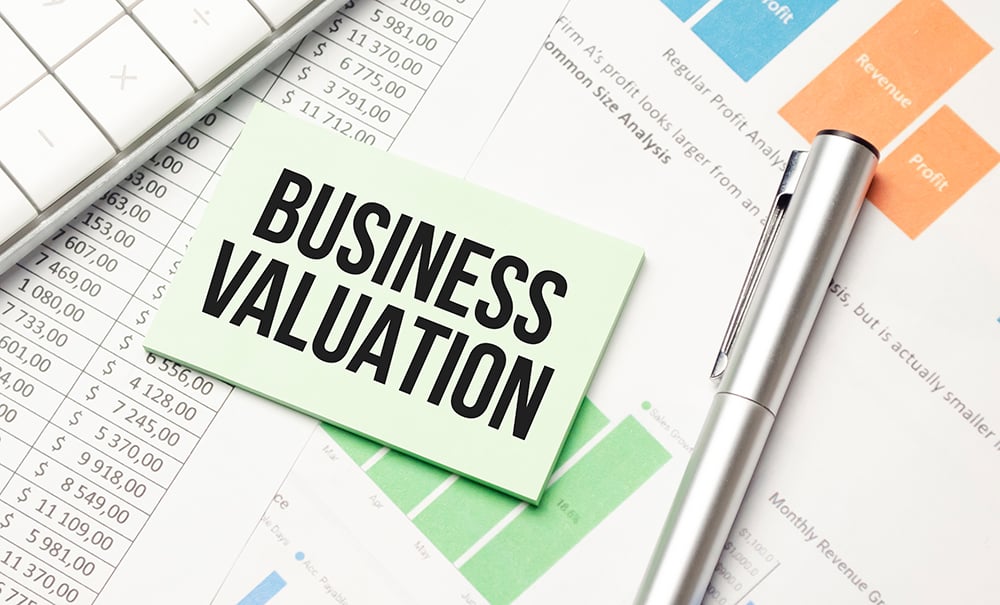
One of the most challenging components of a professional appraiser’s practice is being an expert witness in a court trial, hearing, deposition, or arbitration. Regardless of how many years of experience an appraiser has, or how many times they have testified, this can be a very difficult process to go through.
Many accredited, professional appraisers rely on business and personal dispute work as part of their overall revenue, and, commonly, a significant percentage of their work involves clients who have hired attorneys to represent them in a litigation matter. The importance of providing an independent, unbiased, opinion of value is critical when business disputes arise, as damage and liability claims need to be reasonably determined. With difficult partner buyouts and divorce cases, there are rare circumstances where a fair division of assets during a separation can be negotiated without the need for a third-party valuation.
Based on my own experience, on average, 35-40% of our engagements involve these kinds of cases. Fortunately, once the initial work has been completed and reports delivered, many of them settle before formal hearings take place. There are, however, those cases that do not, and testimony becomes inevitable.
Since the pandemic, the courts have been trying to catch up with a lot of older casework, while business and personal disputes have accelerated since the recovery. I have testified more in the last 3 years than I have in the 10 years prior, and there is no slowdown in sight.
Fortunately, there have been a few efficiency improvements in the process, the most important of which has been the ability to testify remotely. The additional time and expense involved with traveling has been eliminated in most cases, which benefits all parties involved. The reduced stress that goes along with the travel component of being an expert witness is also a boon to professional appraisers.
Based on my experience, and in discussing this topic with attorneys, I believe the efficiencies involved with remote testimony have not lessened the effectiveness of the process, which leads me to believe this alternative will be around for the foreseeable future.
Regardless, testifying as an expert witness will always be a challenge for valuation experts. There are courses available to appraisers that assist with understanding the process, developing strategies, and gaining key insights to be more effective, however, no matter how many classes you take, or how many times you testify, you will probably always feel like you could have worded something a little differently in a certain part of the testimony. Appraisers should take as much as they can from each experience and strive to become more adept for the next one.








